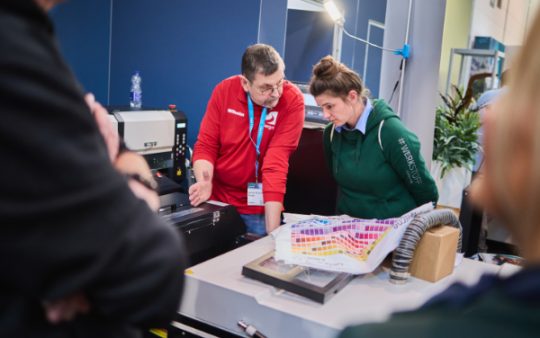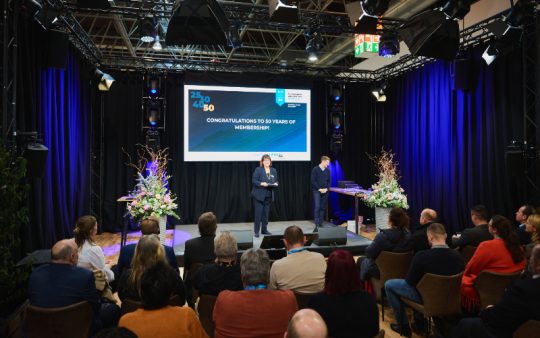Textile dyes made of sugar

Published on 06.02.2020
French start-up PILI made the vision of reducing environmental burdens caused by the textile industry with the help of bio-based dyestuffs and pigments its mission: The aim is to replace chemical by biological processes for manufacturing textile dyes. The process could replace textile dyes that are still produced chemically and on the basis of fossil fuels. This is where the makers of PILI come in and their aim is to make the textile industry more environmentally friendly and production processes healthier.
With the help of micro-organisms PILI has developed a sustainable alternative at its labs that can be scaled up to an industrial scale. The technology for synthesizing dyes is based on enzymes such as sugar and fermentation processes. Like in the production of bread or beer the fermentation process turns sugar and other vegetable substances into micro-organisms that cleave and convert into dyestuffs. The bacteria used here replicate very efficiently, multiplying almost every 20 minutes. In this way billions of micro-organisms can be produced that all produce individual colour pigments. At the end of the fermentation phase the bacteria only have to be separated from the pigments. This is done by simply filtering them because bacteria are approx. 1,000 times bigger than sugar molecules. The enzymes in the micro-organisms work at room temperature, without any toxic solvents and with less water and energy than required for conventional petrochemical processes. This makes for a far better energy balance.
The process was developed with heart and soul and the firm determination to introduce large-scale changes to the textile industry. “We give our bacteria everything they need: food, love and respect. In exchange for this the micro-organisms produce brilliant colours – also in large volumes. This way the massive demand for dyestuffs and pigments in the textile industry can be covered. We feel that our sustainable alternative should be accessible to each and everyone so that all can enjoy the splendour of colour without damaging our planet.” This is how the company describes its vision.
It is exciting to see whether the organic colours are actually colourfast and resistant to rubbing and whether they can be produced with constant colour. PILI is currently testing this on various materials and developing pigments that can be scaled from laboratory to industrial scale.
Here in the video — in French — you can get an insight into the PILI-Labo the work of the company’s management.
Photo: PILI














